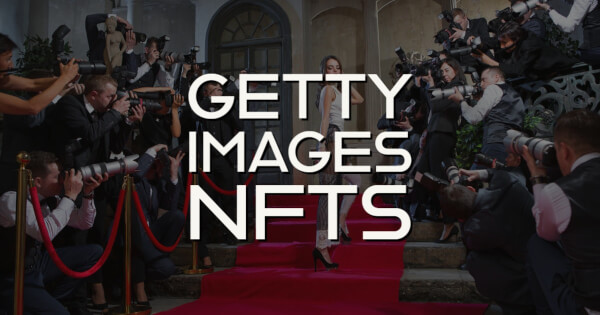According to its official website, Getty Images recently announced the launch of iStock’s Generative AI, a significant innovation that will transform the landscape for small businesses, designers, and marketers. Unveiled at the Consumer Electronics Show (CES), this cutting-edge tool is designed to give users an affordable, legally secure, and creative way to create marketing and advertising videos. Powered by NVIDIA Picasso, a platform for custom-generated AI models, the tool is trained using high-quality content and proprietary data from Getty Images’ vast creative library. Its main function is to create content that avoids known copyright elements, giving users legal peace of mind.
Getty Images is an American visual media company and prominent provider of stock images, editorial photography, video and music for both business and consumer markets. The company has a massive library of over 477 million assets and targets three key markets: creative professionals, media, and enterprises. Founded in London in 1995 by Mark Getty and Jonathan Klein, the company underwent significant changes, including merging with PhotoDisc, Inc. in 1997 to form Getty Images. In 2008, it was acquired by private equity firm Hellman & Friedman for $2.4 billion. However, in 2018, the company was acquired again by the Getty family. Getty Images announced its intention to relist in December 2021, and was listed on the New York Stock Exchange under the symbol GETY following its merger with CC Neuberger Principal Holdings II in July 2022.
iStock’s Generative AI integrates seamlessly with iStock’s existing library of real and commercially available images, including exclusive photos, illustrations and videos. The tool allows users to create and download licensed footage with legal indemnity at no additional cost, lowering the barrier to entry for exploring AI in marketing efforts. It also supports advanced generative AI features via API, allowing images to be modified in creative applications and plugins.
The impact of iStock’s Generative AI on small businesses and the marketing industry is significant. This opens new doors for hyper-personalization at scale, a critical element in today’s marketing environment. According to McKinsey, generative AI (Gen AI) can revolutionize consumer marketing, enabling faster rollout of personalized marketing campaigns, increased efficiency, and improved customer insights. Gen AI could contribute to significant productivity gains globally and create up to $4.4 trillion in annual value. Specifically, marketing productivity could increase by 5 to 15 percent of total marketing spending (approximately $463 billion per year).
Today, applying Gen AI to marketing is delivering immediate value by quickly creating copy and images, personalizing campaigns, and enhancing customer feedback response. For example, craft retailer Michaels Stores leveraged Gen AI to significantly improve the personalization of its email campaigns, resulting in a noticeable increase in click-through rates. However, as with all disruptive technologies, it is important to mitigate risks such as bias, data privacy violations, and copyright infringement to ensure Gen AI is used responsibly and ethically.
The design and marketing industry is witnessing tremendous change due to the introduction of generative AI. Existing stock photo models are challenged by the infinite versatility, cost-effectiveness, speed, and customizability of generative AI. This technology allows you to create highly realistic and diverse images on demand, solving the limitations of traditional stock photo libraries, such as limited variety and high costs.
However, challenges remain, including ensuring the quality and relevance of generated images and addressing ethical issues associated with AI-generated content. Although generative AI can automate image creation, it still cannot replace the human touch in photos that captures unique moments and emotions.
Image source: Shutterstock

